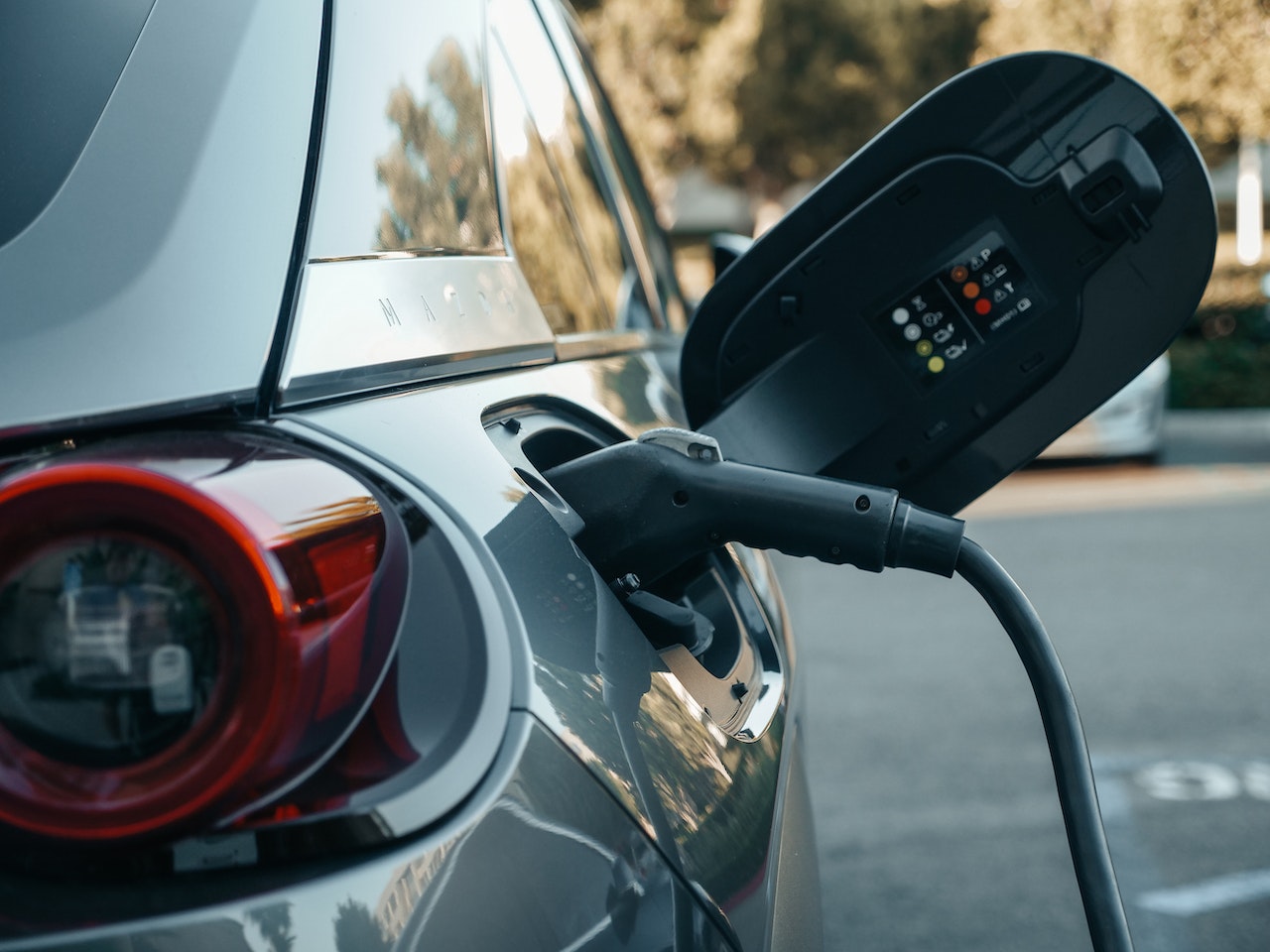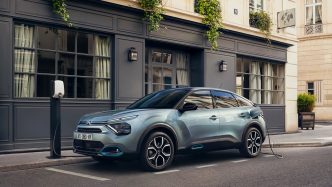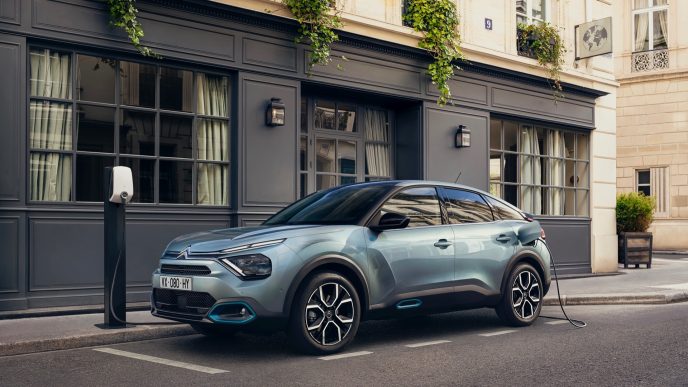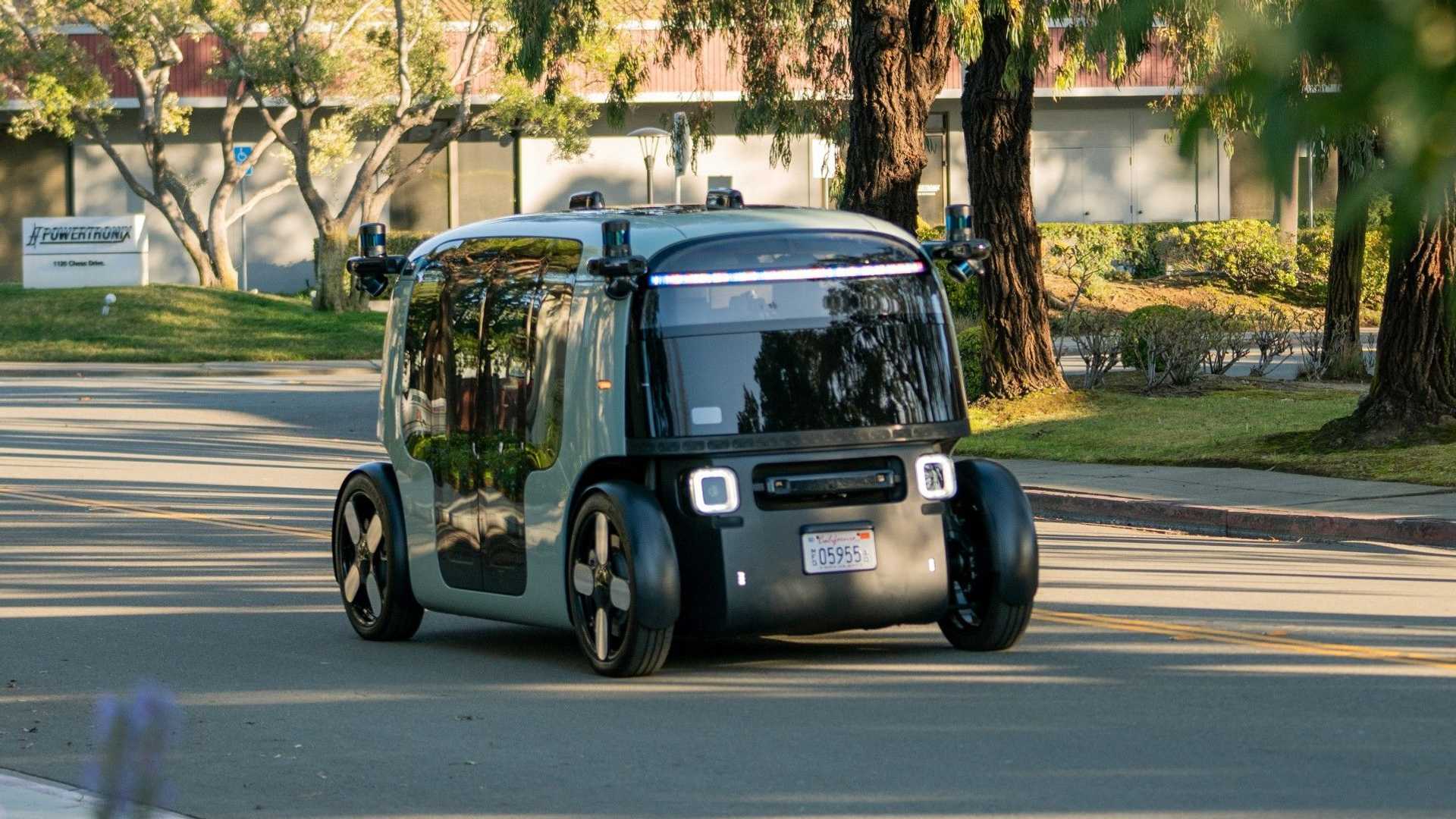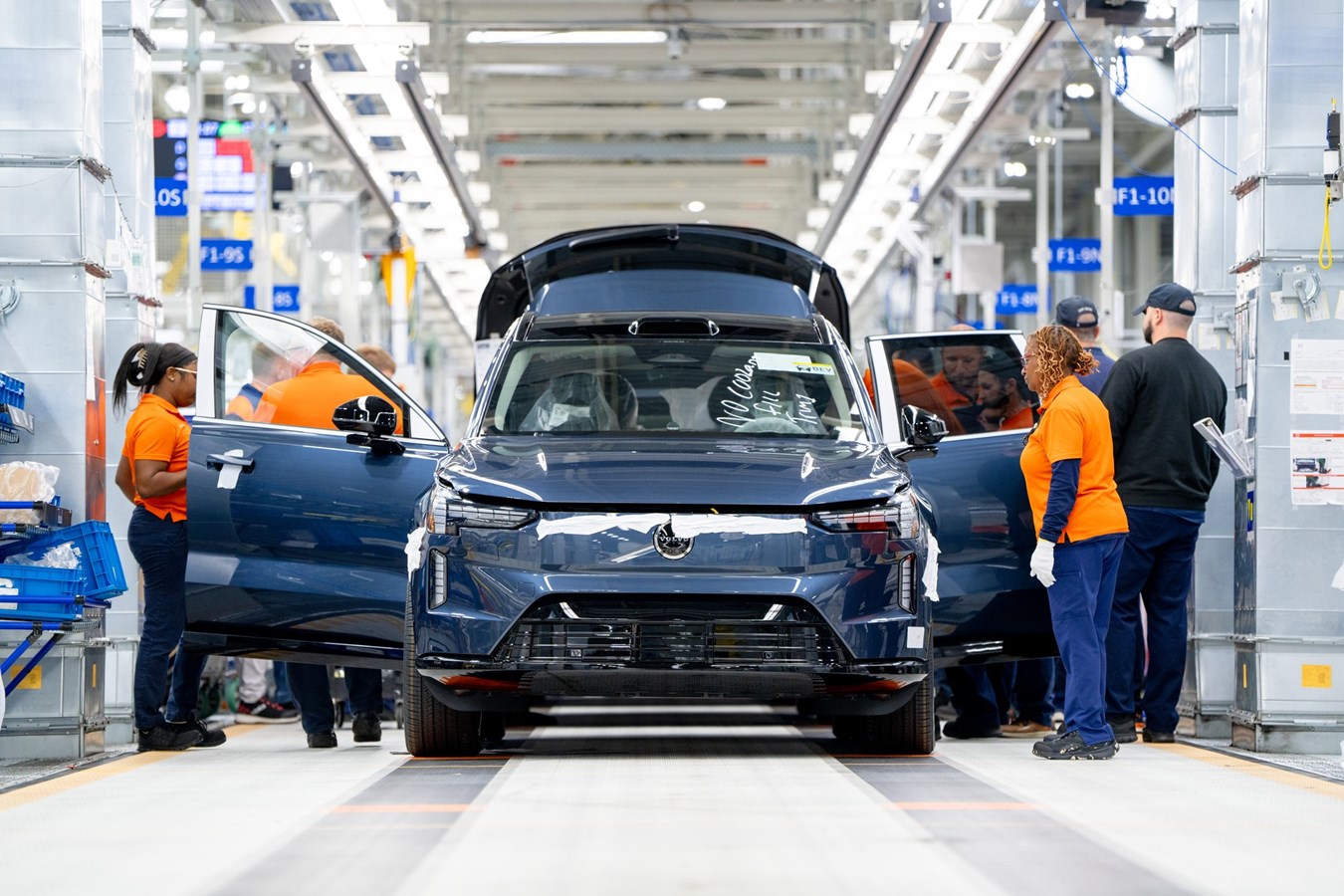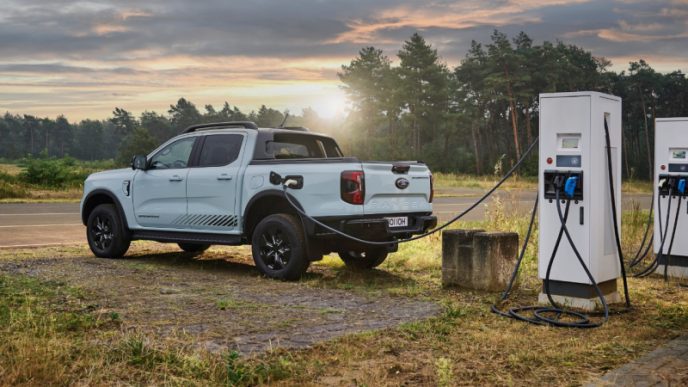A recent study conducted by researchers at Lero, the Research Ireland Center for Software, and the University of Limerick reveals that drivers of electric vehicles (EVs) are more likely to be involved in at-fault road traffic accidents compared to drivers of gasoline and diesel cars. Published in the journal Accident Analysis & Prevention, the open-access paper analyzes insurance claims and data from onboard sensors, uncovering several significant findings.
Key findings from the study indicate that electric and hybrid vehicle drivers exhibit different behaviors than their traditional vehicle counterparts. Notably, electric vehicles record a higher number of at-fault claims, and they are also 6.7% more expensive to repair than traditional vehicles. Dr. Barry Sheehan, a Lero researcher and co-director of the Centre of Emerging Risk Studies at the Kemmy Business School, stated, “Despite their lower average mileage than internal combustion engines, lower road exposure for EV drivers does not reduce their risk of experiencing an at-fault insurance claim.” The research indicated a 4% increase in crashes for EVs and a 6% increase for hybrids compared to ICE vehicles.
While hybrids do not show a further increase in at-fault claim risk when tested with statistical models, the overall results suggest that EVs carry a higher risk profile than traditional vehicles. “Our research shows drivers’ driving behavior changes significantly when switching to hybrids or EVs. These results mean EVs are more likely to experience an at-fault claim than internal combustion engines,” Dr. Sheehan added.
Kevin McDonnell, the lead author of the study, pointed out that while it might be expected that ICE vehicles would incur more at-fault claims due to higher average mileages, the claims data contradicts this assumption. “The claims data provides evidence of increased at-fault claim occurrences in EVs through predictive modeling and risk analysis,” McDonnell explained.
Lero’s Professor Finbarr Murphy, Executive Dean of the Kemmy Business School at UL, highlighted that given the increased likelihood of incurring at-fault claims despite lower mileage, combined with significant first-party damages and battery costs, alternative energy vehicles pose a higher risk and financial burden than gasoline and diesel cars. “Alternative energy vehicles are riskier and have a higher financial burden than gasoline and diesel cars,” he stated.
The study utilized telematics data from 125 million commercial fleet vehicle trips involving 14,642 vehicles, recorded between January and October 2022 in the Netherlands. Additionally, the researchers analyzed an insurance claims dataset from the same period. Lero, based at the University of Limerick, is funded by Taighde Éireann—Research Ireland, formerly known as Science Foundation Ireland.

